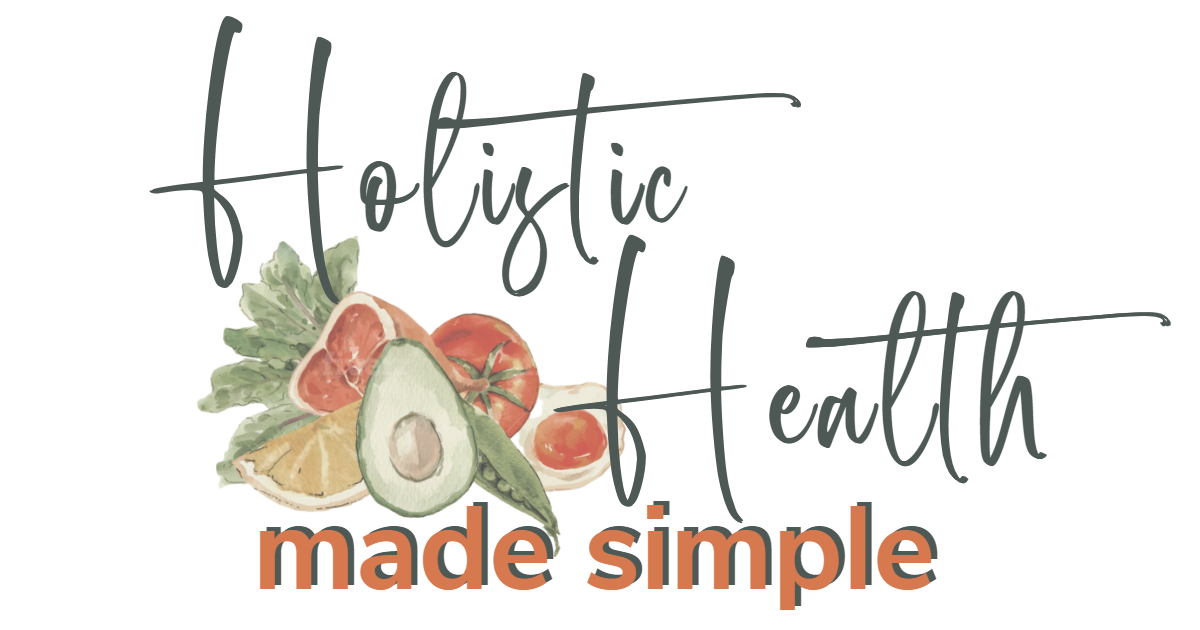Kombucha, kefir, sauerkraut, yogurt, kimchi – the list goes on. Are you ready to embark on a journey into the ancient world of fermented foods and explore their incredible impact on gut health? Let’s dive in!
Exploring the History of Fermentation:
Evidence of fermentation dates back to 10,000 BC, with early practices involving milk from camels, goats, sheep, and cattle. The science behind fermentation began to unfold in the 16th century with the discovery of bacteria. However, it wasn’t until 1910 that the connection between fermented foods and health was established. Since then, ongoing research has revealed the myriad benefits of fermented foods on our gut health.
The Science:
Recent studies have shed light on the ways fermented foods positively influence gut health. Probiotics, the live microorganisms in fermented foods, and metabolites produced during fermentation contribute to a healthier gut microbiome. These metabolites include vitamins, peptides, acids, and fatty acids, all promoting overall well-being.
Fermented Foods over Supplements:
While probiotic supplements are popular, research suggests that the diverse array of microorganisms and metabolites found in fermented foods makes them superior for gut health. Fermented foods have been shown to positively impact food intolerances and allergies, offering a natural and holistic approach to improving gut health.
Incorporating Ferments into Your Diet:
For those intrigued by the idea of fermentation but hesitant about becoming kitchen scientists, fear not. Healthy fermented foods can be found in the grocery store. Look for items in the cold section, ensuring the preservation of beneficial bacteria. From kombucha to yogurt, sauerkraut, and kimchi, there’s a variety to choose from.
Tips for Selecting:
When shopping, opt for low-sugar kombucha and full-fat, plain Greek yogurt to avoid unnecessary additives. Ensure that pickles and sauerkraut are labeled as fermented, as this indicates the presence of live, beneficial bacteria. Kimchi, a spicy Korean delight, also offers a unique fermented experience.
Venturing into DIY Fermentation:
For those adventurous souls interested in trying their hand at fermentation, sauerkraut is an excellent starting point. While the process may seem intimidating, numerous resources, including books and online communities, can guide you through the art of fermentation. Starting slow and introducing different ferments gradually ensures a balanced and diverse gut microbiome.
To Wrap Up:
As you embark on your journey with fermented foods, remember that variety is the key to a healthy gut. Experiment with different options, pay attention to your body’s signals and savor the benefits of this ancient practice for modern well-being.
Studies Referenced:
https://doi.org/10.1016/J.COPBIO.2005.02.008
https://doi.org/10.1080/10408398.2010.499770
https://doi.org/10.1016/b978-0-12-816678-9.00013-8
https://doi.org/10.1016/j.cell.2018.08.047
Related Episodes:
https://holistichealthmadesimple.com/gut-health-and-hormones/
https://holistichealthmadesimple.com/gut-health-weight-loss/
